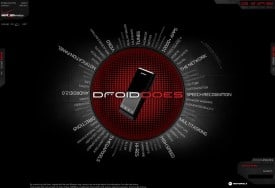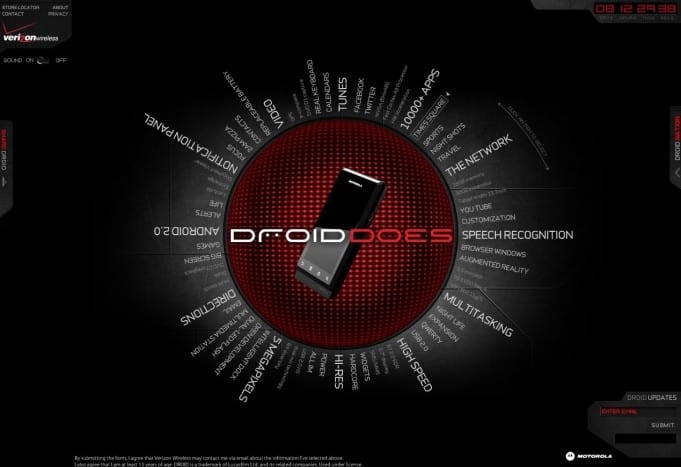
Huge news this morning here in Silicon Valley. Aside from Apple, perhaps Google is the only other company that has a realistic chance at winning the mobile wars. With its $12.5B acquisition of Motorola Mobility — an announcement that caught the industry by surprise this morning — Google now becomes a vertically integrated cell phone and OS manufacturer; just like Apple, which itself makes the operating system software (iOS) and the handset hardware (iPhone). It’s Google’s biggest acquisition to date.
Some observers suggest this is an IP arms race based around patents. Last week, fallout from Google’s (perceived?) failed attempt to retain patents from Nortel’s garage sale hit Twitter as bad blood boiled over regarding back room deals. It was a juicy bit of he said/she said. In the end, Microsoft and Apple bid $4.5B and walked away with 6,000 patents. Motorola holds over 17,000 patents so this could possibly be viewed as both a defensive move/land grab (removing royalty revenue streams from the grasp of Apple, Microsoft and others) and also an offensively minded vertical integration play (controlling both hardware and software to compete more effectively against Apple).
But what about Android and openness?
That is an important question.
Android, Google’s smash hit operating system that powers more than 150 million smartphones and devices (with 550,000 being activated each day according to the company), achieved its success largely due to being billed as open source. It was a license-free play that enabled partners (reportedly, 39 manufacturers) to earn larger margins. Samsung and HTC, in particular, lay down big bets on Android, and mobile sales for those two have been impressive. Same with Motorola Mobility which hit a homerun with its “Droid” ad campaign in 2009 and a series of Android-powered handsets (Droid, Droid X, X2, etc.) that followed. So much so, that the imagery and word “Droid” itself almost became synonymous with the Android brand.
Likely Google will assure all that Android will remain open. In fact this morning Larry Page has already tried to allay any concerns. He writes in a blog post (the new PR machine), “This acquisition will not change our commitment to run Android as an open platform. Motorola will remain a licensee of Android and Android will remain open. We will run Motorola as a separate business.”
If I were Samsung, HTC, LG, and others that license Android, I’d be working on a strategic alternative or two. The problem? There may not be any… Microsoft is an option, with its Windows mobile platform. But that comes at a cost. It will be interesting to see what fallout comes out of this deal. There could be a domino effect as the industry goes through a renewed cycle of consolidation.
The biggest question of all: can Google now take down Apple?
Unlikely. And that’s probably not the realistic goal at hand. More likely, Google can finally make an end-to-end user experience that rivals what consumers get on the iPhone and iPad; to do that requires a close marriage of the OS and handset hardware. It’s the complete design. Call it the “kwan.”


